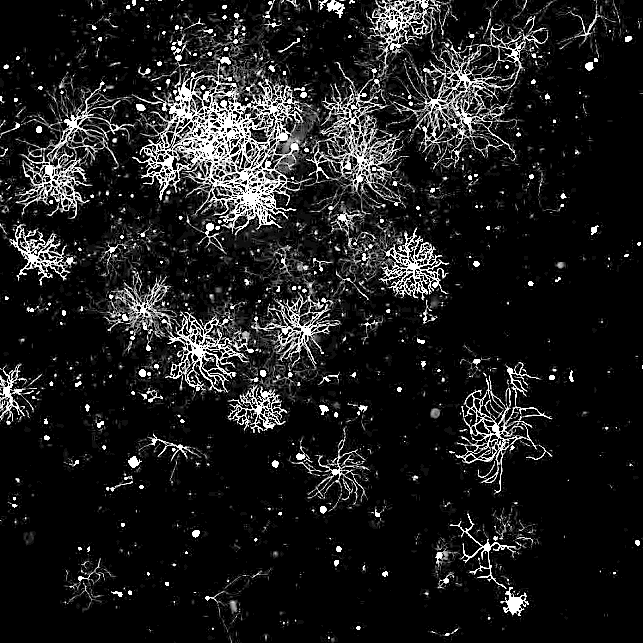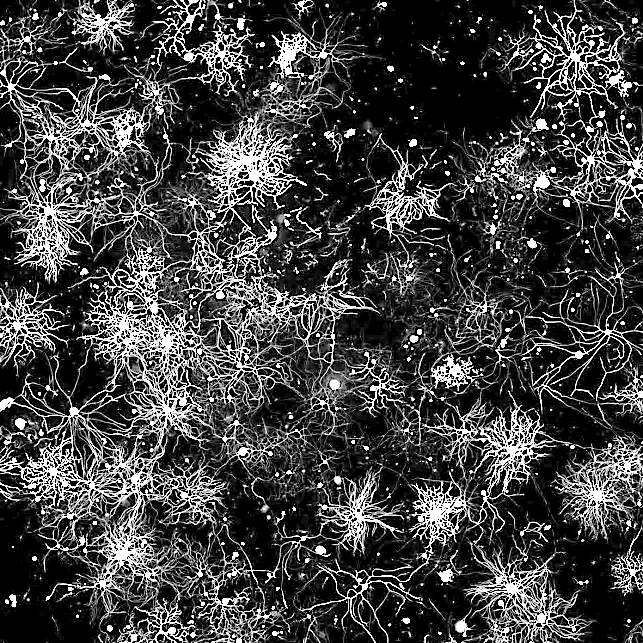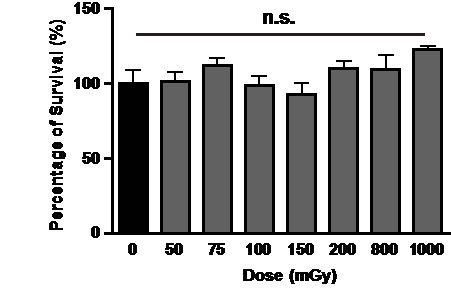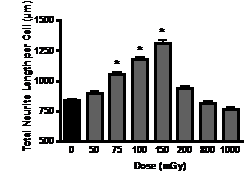| Members: | Dr. Eddie Ma (BMS) - Principle Investigator
Dr. Chung Tin (MBE) Prof. Peter Yu (AP) |
Radiation has been discovered a century ago. There is no doubt that large dose of radiation can cause harm; however, the beneficial effect of low dose radiation is still controversial. Radiation hormesis (beneficial effect after exposure to low dose of radiation) is an emerging field in neuroscience and the understanding of its beneficial effect on nervous system is largely unknown. Damaged peripheral nervous system neurons survive and regenerate their axons successfully; however, the rate of regeneration is very slow (~1-2 mm/day). For instance, proximal nerve lesions (i.e. brachial plexus injury in humans), and even more so those that involve complete transection of the peripheral nerve, generally have a very poor outcome with minimal clinically meaningful functional recovery. Our major hypothesis is that low dose radiation induces positive effects on physiological functioning. Does this enhancement of physiological status in living organisms promote peripheral nervous system repair?


|
  |
Primary peripheral neuron irradiated by low dose alpha particle at various dosages. Their survival rate and total neurite length per cell after irradiation are shown
Y. M. Ho, N. P. Au, K. L. Wong, C. T. Chan, W. M. Kwok, G. L. Law, K. K. Tang, W. Y. Wong, C. H. Ma, and Michael Hon-Wah Lam, “A Lysosome-specific two-photon phosphorescent binuclear cyclometalated platinum(II) probe for in vivo imaging of live neurons”, Chemical Communications 50, 4161-4163 (2014).